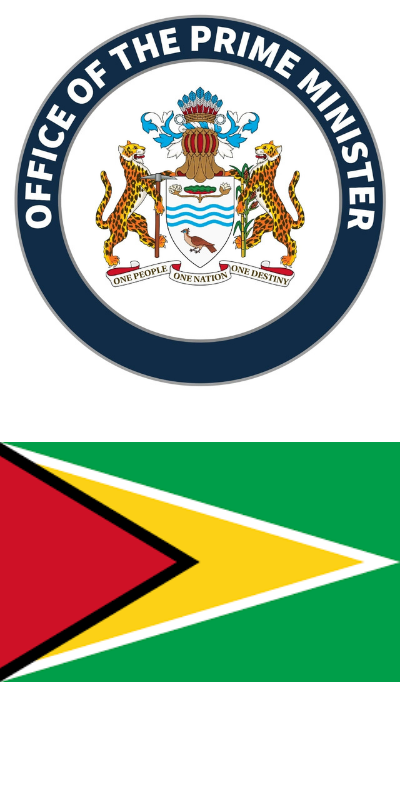About the client
The Office of the Prime Minister of Guyana.
The project has been supervised by the Office of the Prime Minister through a special project management unit, with technical support and oversight being provided by the UNDP.
Challenge
In reaching its development goals Guyana is set to address a number of challenges and sees digital transformations that are happening globally as an opportunity to facilitate it‘s development agenda. One of the spelled aims of Guyana authorities is developing an effective e-Governance system and move government services to digital platforms so to address challenges that it faces when aiming to deliver services to citizens scattered around the country. Equitable and inclusive public services support development, inclusiveness and quality of life goals. Guyanese plan to benefit fully from the e-governance and has developed the roadmap that outlines an implementation plan that will see the complete establishment of digital governance by 2030.
The project has 4 core objectives:
- to strengthen the E-government policy and legislation environment,
- to improve access to ICT in the Hinterland, Poor and Remote communities,
- to make public services and information readily available through e-communication
- to increase the capacity of poor and remote communities to utilise e-services.
Therefore, the Government of Guyana aims to put over 200 Government services be available to the citizens online, and thus improve the efficiency and effectiveness of public services to all, in particular those living in distant areas and underprivileged. When planning to utilize new technologies to foster the delivery of public services to all, the comprehensive approach needed to be embraced, which included legal, organizational and governance, service aspects of the process, alongside with fiscal and managerial capacities. Development of e-services provide an opportunity to look at public services from the transactional point of view to transformational perspective, that changes the way workflows and processes are arranged in order to service the population and its needs the best.
Solution
NRD Companies prepared a capacity-building strategy/plan to address the identified gaps in ICT in the Government of Guyana.
Over 12 Ministries and over 50 government agencies have been involved in Public Institutions ICT mapping and Multi-dimensional Capacity Assessment.
The outcome of this project is important for the development of Guyana. What we’re doing here is bridging a digital divide… my office is committed to working with the project management unit to ensure that we deliver on this project and we welcome the continued support and involvement of all stakeholders.
The outcome of this project is important for the development of Guyana. What we’re doing here is bridging a digital divide… my office is committed to working with the project management unit to ensure that we deliver on this project and we welcome the continued support and involvement of all stakeholders.
– stated Prime Minister of Guyana, Brigadier (Ret’d), the Honourable Mark Phillips
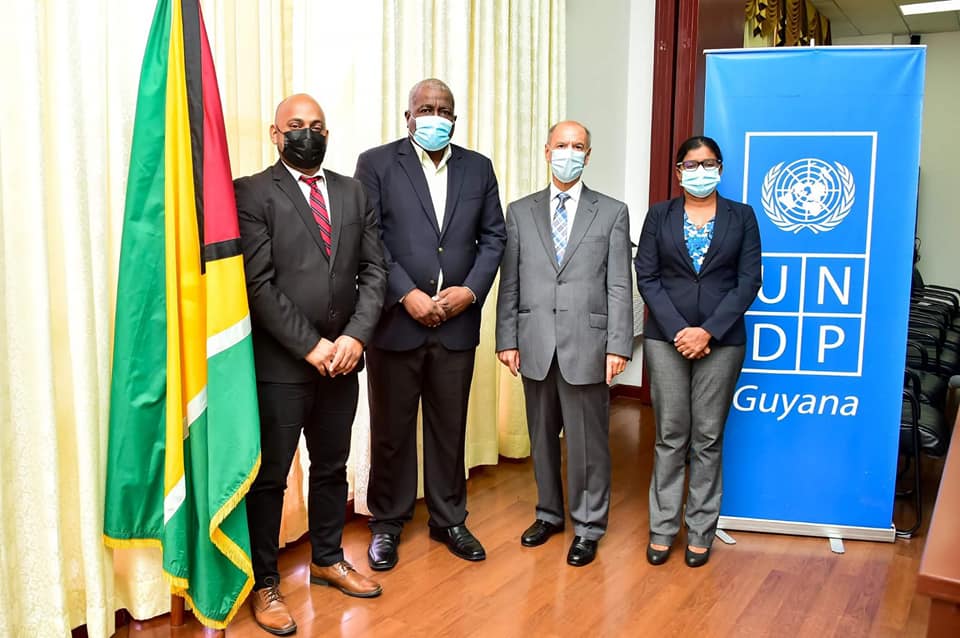
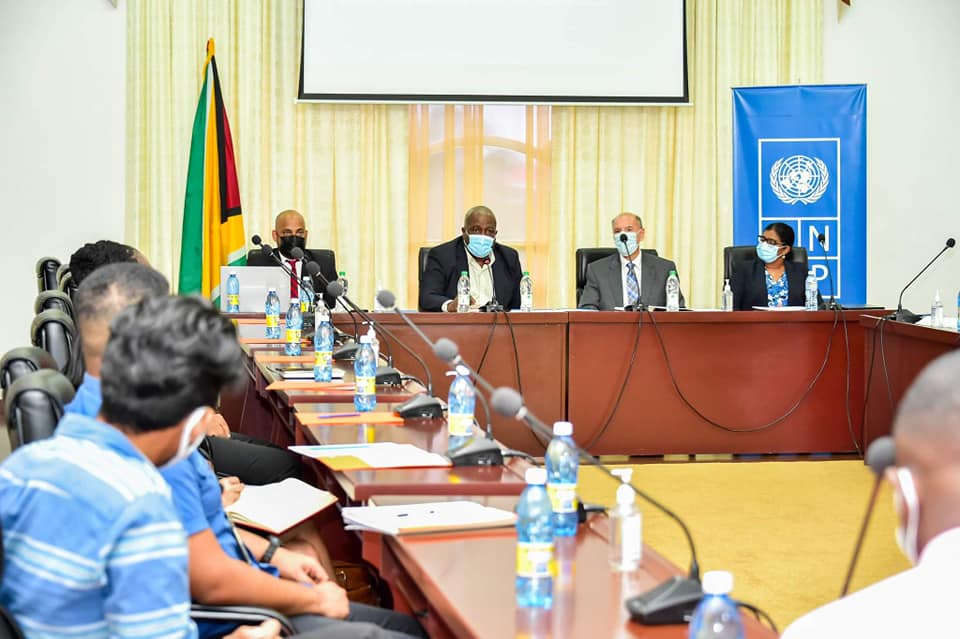
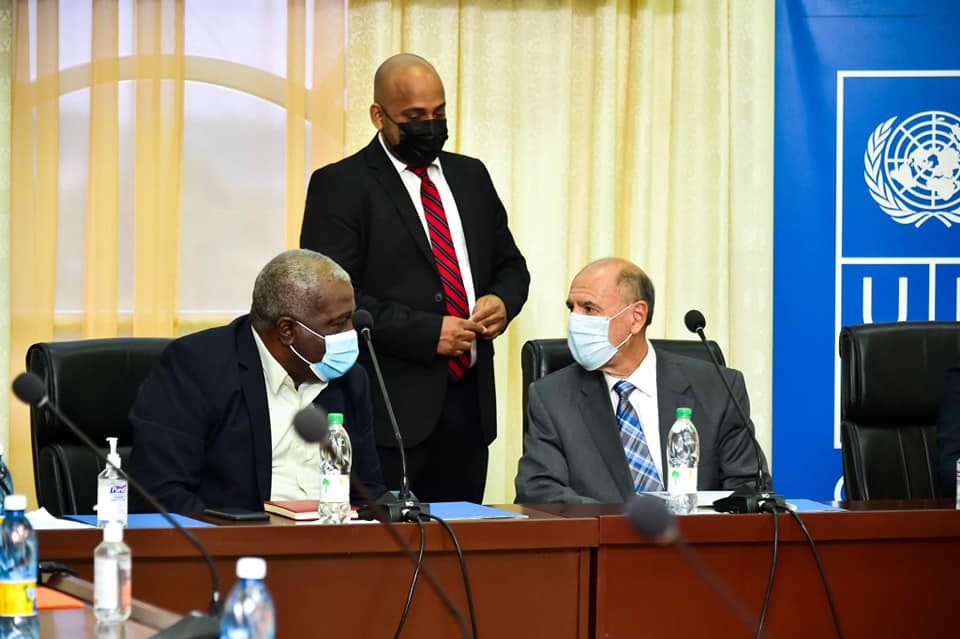
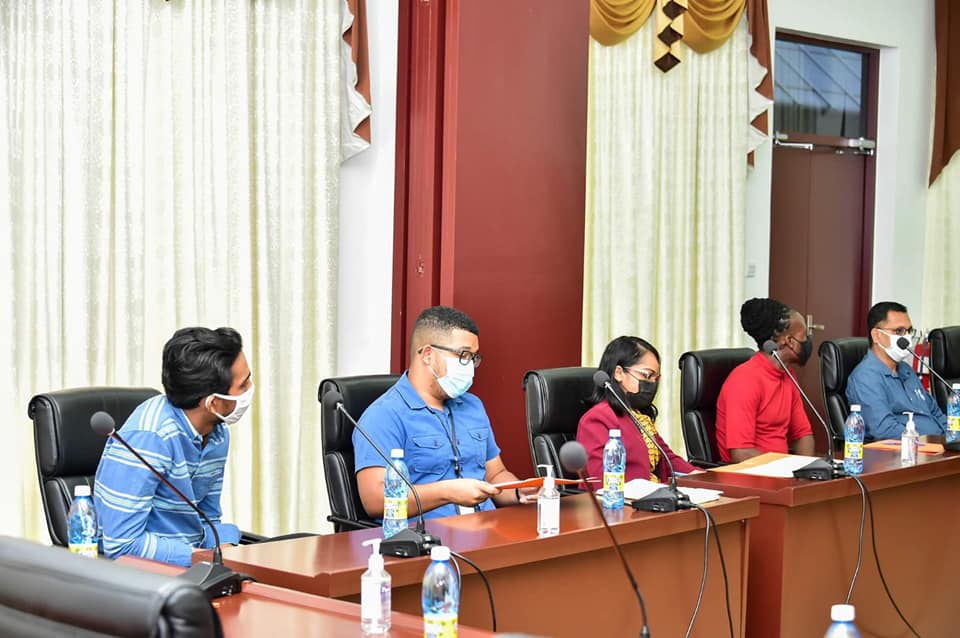
NRD Companies has carried out the following activities:
- Performed Public Institutional Mapping
- Performed Multi-Dimensional Capacity Assessment of Public Institutions to Deliver ICT Services:
- Assessed current status and level of ICT deployment at Government ministries
- Assessed skill level of the employees
- Assessed the business processes for Government Services
- Assessed the Delivery and Use of Government Services
- Identified capacity gaps/bottlenecks in:
- Recommended capacity building strategy/plan to address these gaps, identifying priority measures.
3. Assessed the capacity of the National Data Management Authority (NDMA):
- Assessed the Deployment and use of Infrastructure
- Assessed the IT Governance and Management capabilities
- Assessed the Fiscal Management capabilities
- Assessed the Delivery and Use of Services
- Identified capacity gaps/bottlenecks in:
- Recommended capacity building strategy/plan to address these gaps, identifying priority measures






